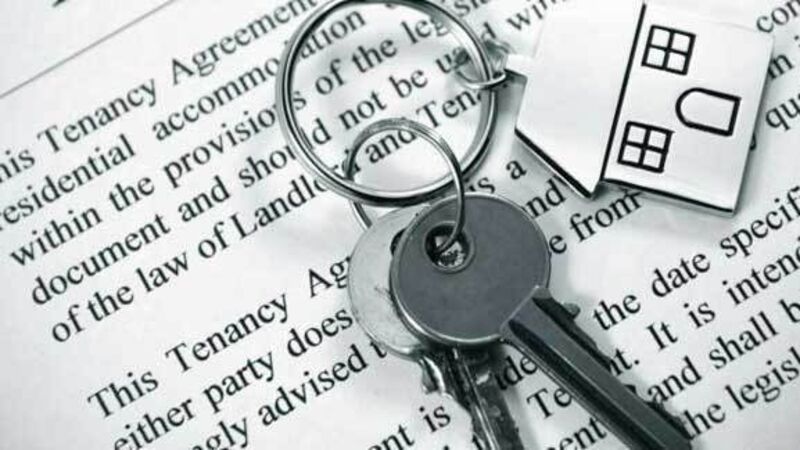Tax plan to keep landlords in the rental business

There are compelling arguments for using the tax system to address urgent problems. A meaningful change in tax rates takes almost immediate effect because if the change is worthwhile, people will avail of the tax breaks if they can.
In the past, meaningful tax breaks — big income tax reliefs for rented residential accommodation, renewal of cities and towns, holiday cottage incentives and student accommodation tax deals — contributed to the property crash arguably because they ran on too long.
















